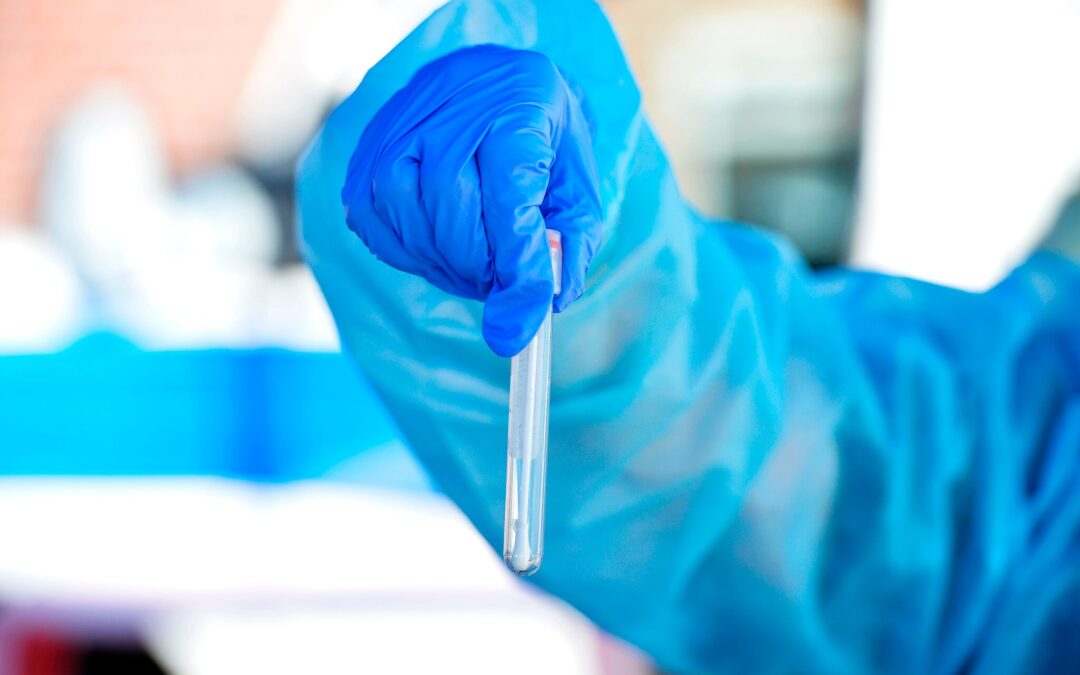In the high-stakes world of coronavirus testing, false positives are widely considered to be benign in comparison with false negatives, which can deprive infected people of treatment and embolden them to mingle with others, hastening the spread of disease. But false positives, which incorrectly identify a healthy person as infected by the virus, can have serious consequences as well, especially in places where the virus is scarce. To read the full story.
Recent Posts
- Mpox Vaccination Rates Highest Among Cisgender Sexual Minority Men.
- Long-term exposure to air pollution tied to clots in veins that bring blood to heart.
- New NJACTS Publication
- New NJACTS Publication
- The New Rutgers School of Medicine Releases Mission, Vision and Values Statement Focused on Advancing Health Equity.
Categories
- News (2,324)
- Publication (1)

